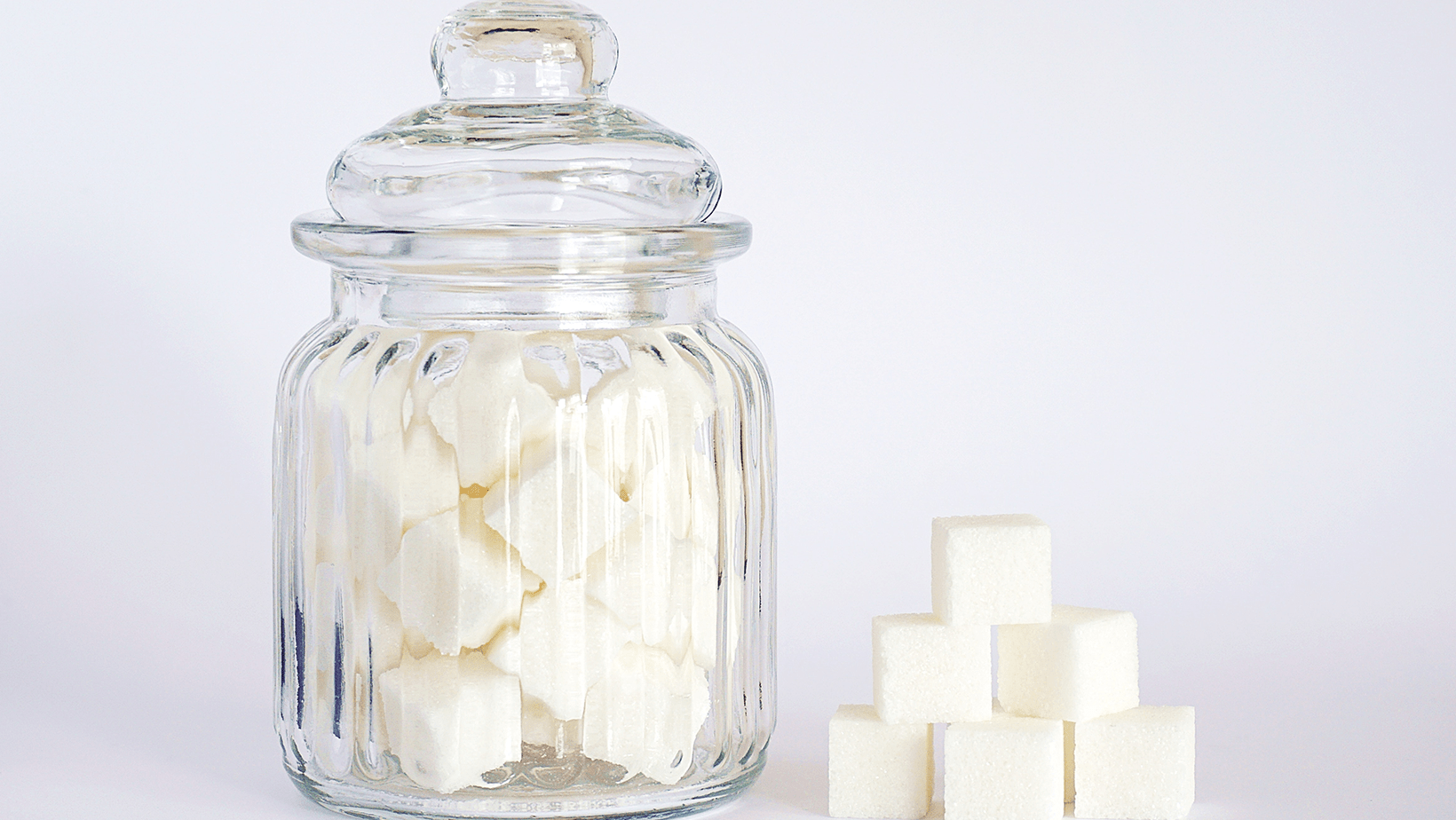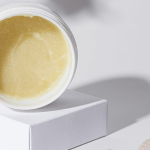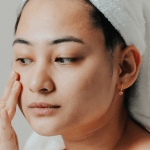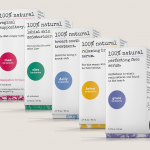On our lifelong skincare journey, there are some things we need to avoid as they are a recipe for disaster. One of them is sugar.
Sugar ages your skin – it’s one of the worst offenders for aging your face and body. Not only should you avoid sugar for dietary reasons, you now have the added incentive of protecting your skin from aging.
Here are some of the effects that you may not have known about:
Sugar increases inflammation
Excess sugar damages your skin through a process called glycation, which is a natural chemical reaction that happens when sugar levels in the bloodstream spike beyond what your insulin can handle.
Glycation affects the part of our skin that keeps it ‘springy’ – collagen and elastin. When these two proteins link with sugars they become weaker and when these essential skin building blocks are impaired, the signs of aging become more apparent; skin becomes drier and less elastic, causing wrinkles, sagging and a dull skin appearance.
Sugar damages collagen
Collagen is a tissue that keeps your skin firm and put together, and a constant intake of sugar is detrimental to the collagen, as too much sugar damages the collagen. When collagen is damaged, the skin begins to lose strength and firmness and suddenly begins to shrink and wrinkle. You find yourself aging faster than you are supposed to because the tissue that was supposed to slow down aging is damaged.
Sugar changes pH levels
Your diet in particular plays an important role in determining your internal pH and the pH levels of our skin. Everything that we eat gets processed by our kidneys as either acidic or alkaline, and sugar disrupts the balance of your pH. And it’s not just sugar, but also high-glycemic foods which quickly convert to sugar. This raises insulin levels and puts unnatural demands on your body to deal with the food you just ate.
Not only should you switch to topical and femcare products with the right pH levels, but you should also eat a more alkaline diet of vegetables, fruits, and nuts, and eat less refined sugar, alcohol, and processed foods since an acidic diet can damage the skin’s pH.
How To Prevent Sugar Damage On The Skin
You’re never too late to prevent the visible signs of aging. Now that you know how much sugar can damage your skin, here’s are a few tips you can follow to start looking your best:
Be aware of what you consume
It can be difficult to completely eliminate sugar from your diet. Read food labels and make healthier choices when shopping for groceries. Often supermarket brands operate a traffic light labelling policy to help steer you to make healthier choices.
Drink plenty of water
Water is essential to the production of collagen and elastin, and keeping your body hydrated can improve its ability to counteract the aging effects of glycation. Drink plenty of water and incorporate water-rich foods like cucumber, tomatoes and watermelon into your diet to maintain hydration. Replace fizzy drinks, juice, and energy drinks with water and be aware that flavored waters often include hidden additional ingredients.
Get your beauty sleep
One of our best beauty secrets is to make sure you’re getting enough sleep. While you’re sleeping, your skin goes into overdrive, regenerating and repairing any damage done during the day. Did you know that the sleep hormone melatonin can reduce glycation damage by up to 50%? Your body does the most work during deep sleep to counteract the aging effects of sugar and other stressors.
Have you tried any of our skin care products to prevent the signs of aging caused by sugar? We’d love to hear from you! Share your thoughts with us in the comments below and follow us on social media for more skin care tips.








